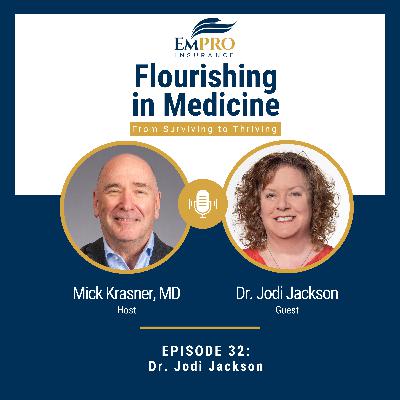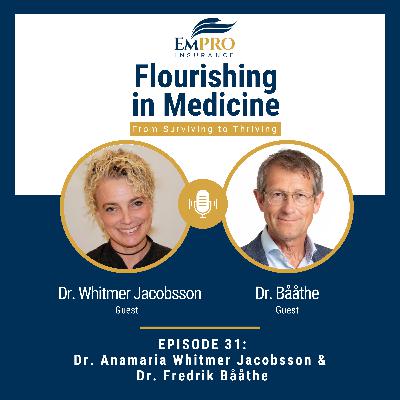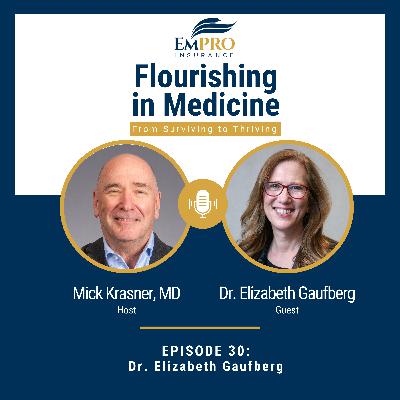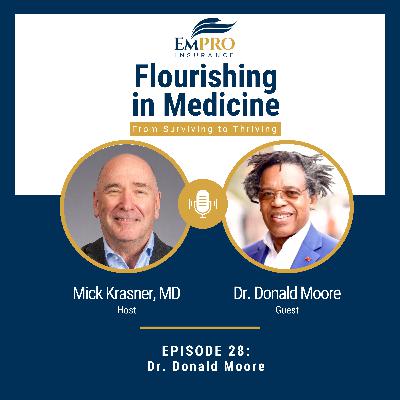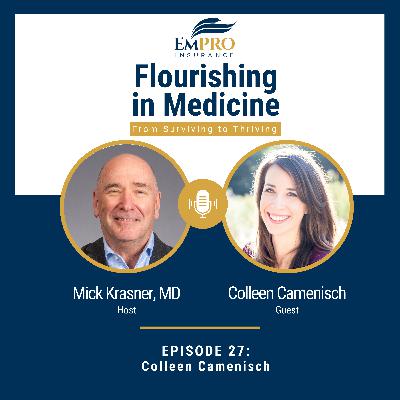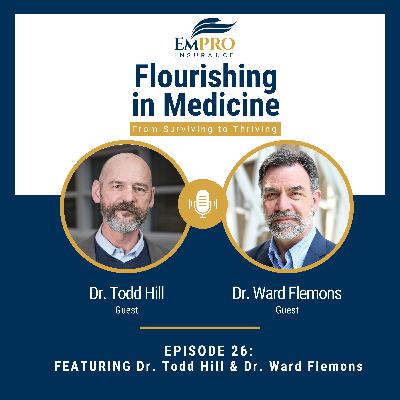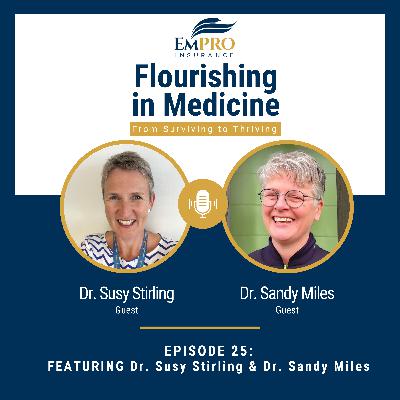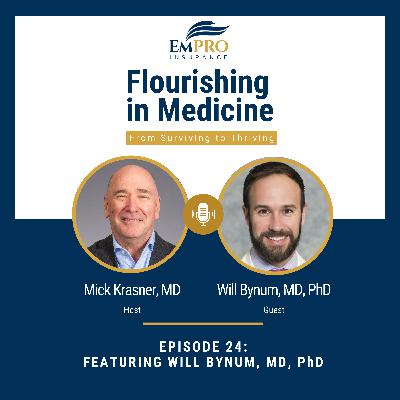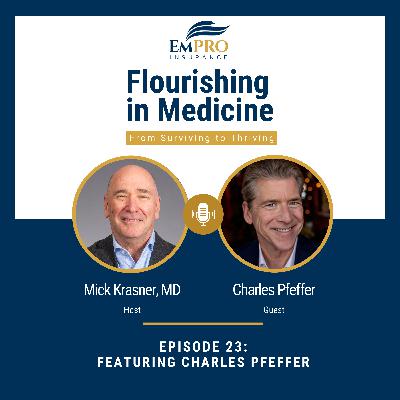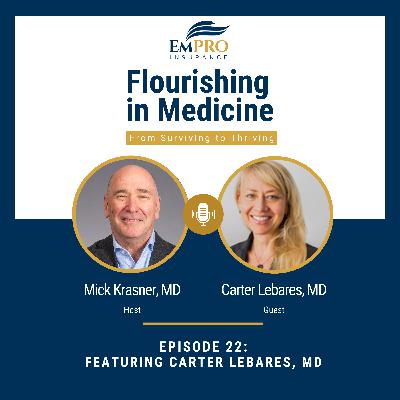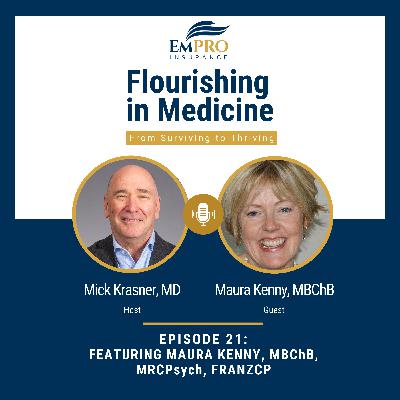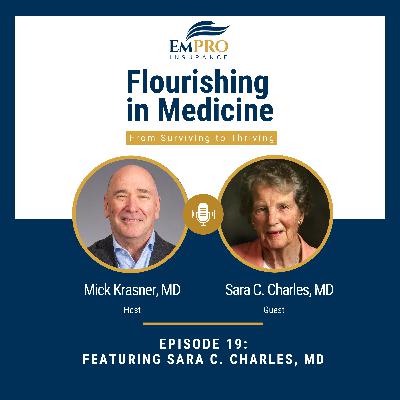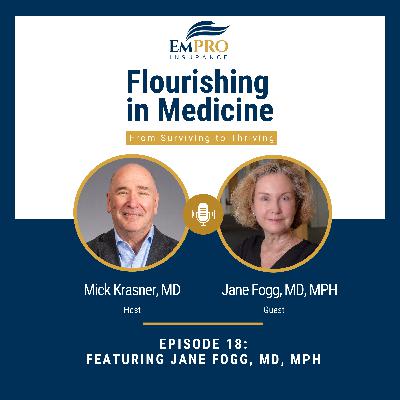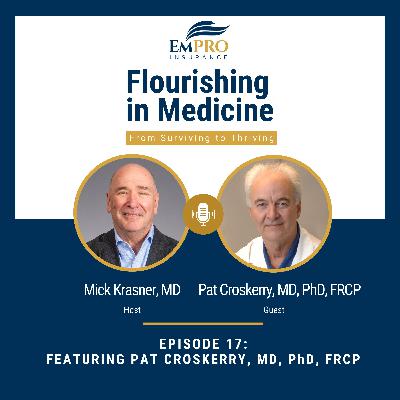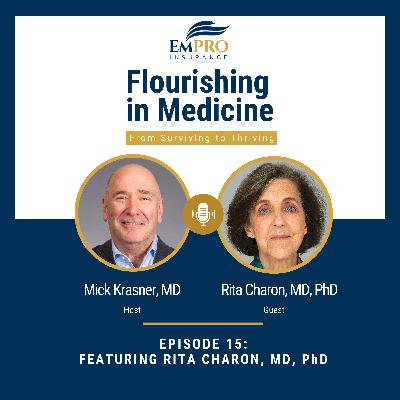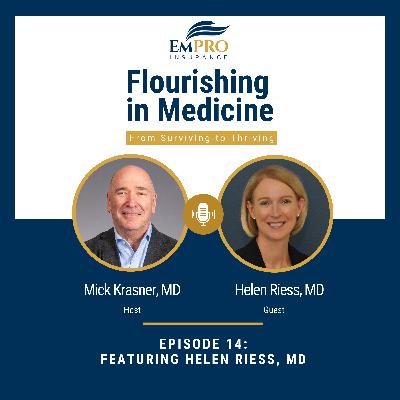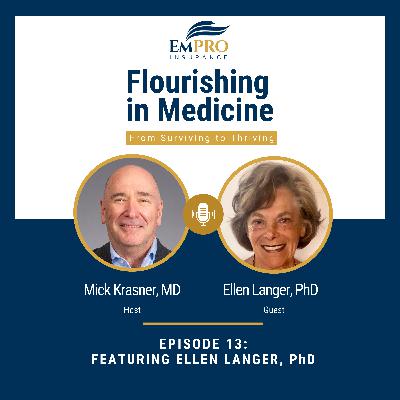
Flourishing in Medicine: From Surviving to Thriving
Author: EmPRO Insurance
Subscribed: 5Played: 3Description
Flourishing in Medicine: From Surviving to Thriving explores ways that health professionals- physicians, nurses and nurse practitioners, physician assistants, mental health providers, therapists, and others- can truly flourish in the complex and challenging world of health care.
The ability for physicians and other health professionals to practice high quality care and attain professional satisfaction and meaning in their work has been under continued challenge. These critically important members of our communities experience ongoing threats to their well-being and hence to the quality of care they deliver. The recent pandemic has only exacerbated changes that have occurred over the preceding years in the practice of medicine, exposing even further the fragility of our imperfect health care systems. This podcast explores the many ways that physicians can and do flourish, including a deeper exploration of what it means to work at the frontier of human frailty and suffering, while applying biomedical science and compassionate care to address the complexities of the human condition. It is the hope that this podcast can help support these health professionals and ultimately translate into improved care of themselves, their patients, and our communities.
Your host, Mick Krasner M.D., F.A.C.P, is a Professor Emeritus of Medicine at the University of Rochester School of Medicine and Dentistry. Dr. Krasner has been teaching Mindfulness-Based programs to patients, medical students, and health professionals for more than 23 years, involving over 4000 participants and more than 2000 health professionals, and continues to facilitate Mindfulness-Based Stress Reduction for employees and dependents of the University of Rochester. He was the project director of Mindful Communication: Bringing Intention, Attention, and Reflection to Clinical Practice, sponsored by the New York Chapter of the American College of Physicians, funded by the Physicians Foundation for Health Systems Excellence, with results reported in JAMA in September 2009. This program led to the establishment of Mindful Practice in Medicine Programs at the University of Rochester which he co-directs, offering continuing educational programs to health professionals and educators locally and internationally for the past 13 years, and includes a multi-year teacher training program for future facilitators of Mindful Practice. He has been engaged in a variety of research projects including the investigations of the effects of mindfulness practices on the immune system in the elderly, on chronic psoriasis, and on caregivers of Alzheimer’s patients. His most recent project, The Healer’s Journey, is a documentary film in production that explores the professional identity formation of our newest health professionals, the medical students.
Dr. Krasner graduated from the University of California, Berkeley in 1983 and received the Doctor of Medicine degree from the University of California, San Diego School of Medicine in 1987, completing residency in both Internal Medicine and Pediatrics at the University of Rochester School of Medicine and Dentistry where he continued as a full-time faculty member, engaging in medical student and residency education, post-graduate medical education, and research. He has shared his work in peer-reviewed publications, scientific assemblies, workshops, visiting professorships, and intensives throughout the world, focusing primarily on the roots of Hippocratic medicine through the cultivation of attention, awareness, and reflection on the health professional- healing relationship. Having recently left clinical practice, he now devotes all his time to the pursuit of helping physicians and other health professionals flourish.


